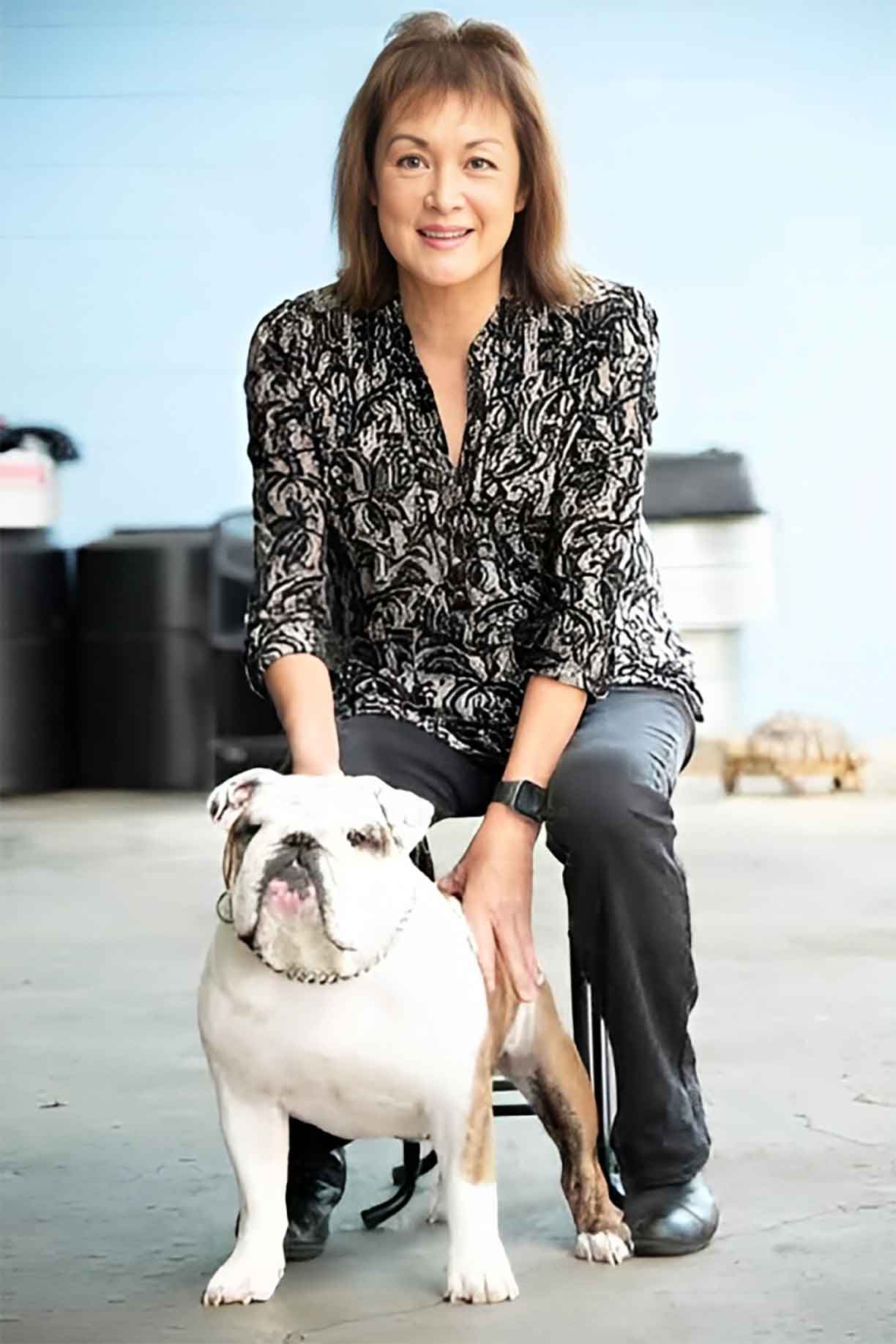As part of a lifestyle and aging series, we’re working with renowned photographer Terry Lorant to showcase inspirational leaders in the industry. Each month, we’ll feature an inspirational member of the Amazing Care Network community who is using his or her voice to empower others in the collective aging experience — and read, in their own words, what the Amazing Care Network’s efforts mean to them.
Studies show that medical bills can severely impact the quality of life for many people in the United States, even those with health insurance. Think about the added pain and suffering that people go through, worrying about how they will pay their bills. This results in a deterioration in the quality of life. It can lead to a delayed retirement, bankruptcy, or even homelessness! As the CEO of a flourishing health insurance company in Hawaii, I wanted to try to address this problem.
We were introduced to Cora Tellez, because her company, Sterling Health, administers health savings accounts. She offers a program that allows employees to save for medical expenses, much like they’d invest in an individual retirement account or a 401(k) plan.
Using the health savings account technology created by Sterling Health, Cora created a company called the Amazing Care Network (ACN). The ACN is a product that is similar to a health savings account. It allows individuals to assist them, or their loved ones, in paying for medical services or support services when needed. Just as importantly, it provides for a social network to help us as we age. As Cora says, “Who will take care of me when I cannot take care of myself?”
Our mantra at UHA is that we “eat our own food and lead by example.” So, in February 2016, we started an ACN pilot program to provide additional benefits to our employees. UHA completely funded the program and even contributed a small starter amount to the fund. We began with a pilot program in order to observe employee behavior and identify any operational issues. Our first enrollment was a little under 10%; the amount was less than expected, but again, the purpose was to learn something about our employees’ behavior and seek ways to improve the program. We know that this concept will take time, especially since it is very new to people.
Ironically, after we launched the pilot, we learned that the child of a UHA employee had been diagnosed with a serious brain tumor. Naturally, the tragic news impacted many of our employees. One employee said, “I have an ACN account and would like to give this family some money. How can I do that?” The solution? We opened an ACN account for the family, so that our employees could make donations for the child’s medical care.
How else could we help our employees? Companies typically provide incentives, such as recognition or service awards. Instead, we could take that money and put it into our employees’ ACN account. This is our way of letting our employees know that we appreciate them and we care about their family’s health.
Another idea is to allow employees to store some of their paid time off (vacation or sick leave) in the ACN account, instead of letting the dollars expire. UHA is always promoting the value of health to our employees, and this offer aligns perfectly with the notion of good health. Healthier individuals need less time off for sick leave.
In addition to the fund for medical expenses, we believe that the ACN support group feature may eventually have the biggest interest. The healthcare delivery system is overwhelming for many people who have a serious or chronic illness. As ACN members, our employees have access to a social network of other ACN members and physicians. Of course, the network is not a substitute for care; but just having a hand to hold or a person to talk to can bring a great deal of comfort to someone dealing with a serious illness.
The cost of medical care is skyrocketing, and there is no end in sight. Employees — even those who have health insurance — are exposed to unexpected medical costs. Such a financial setback can lead to stress and reduce one’s quality of life. Therefore, we need to find ways to help people protect themselves from the serious financial burden that often accompanies a serious illness. Insurance is not enough. Although there is no magic solution, ACN has certainly taken a step toward addressing this problem.
Photos and story by Terry Lorant.








